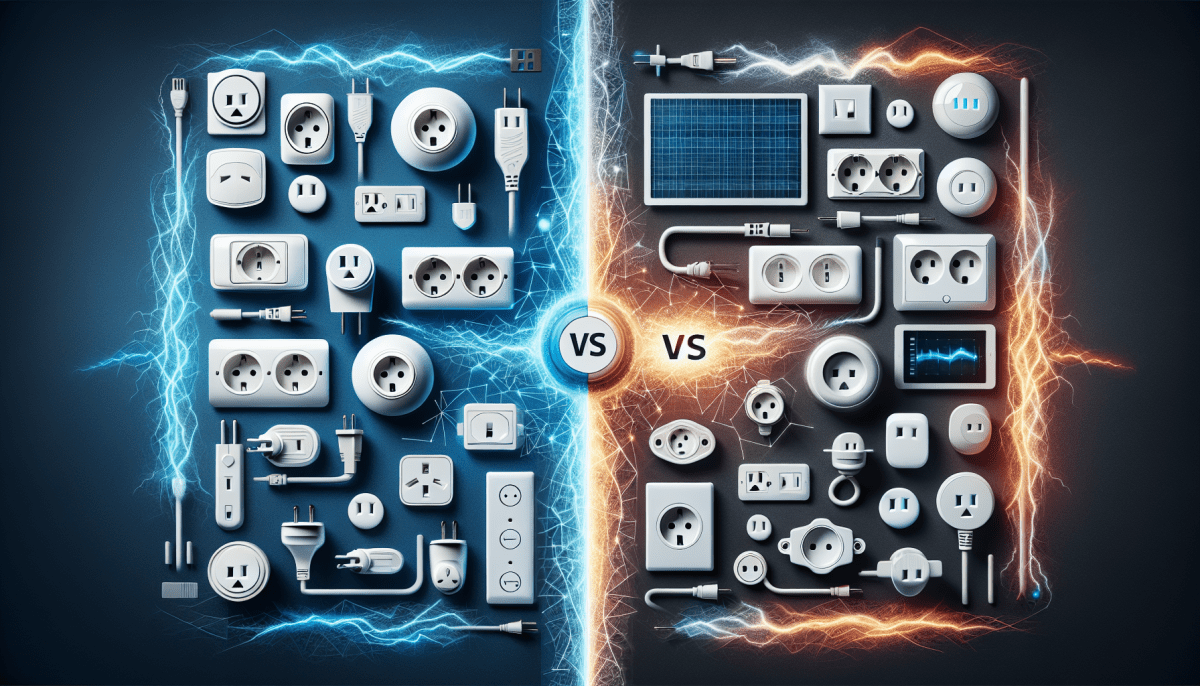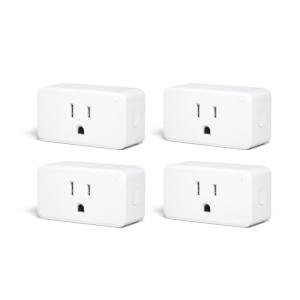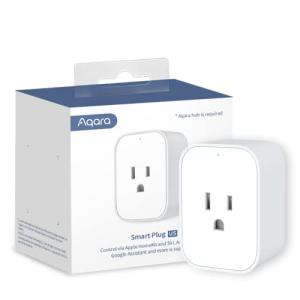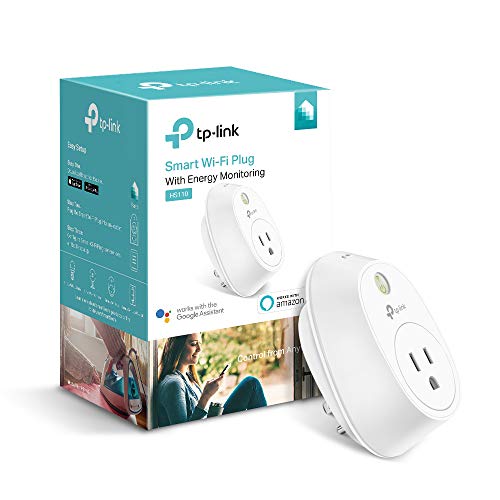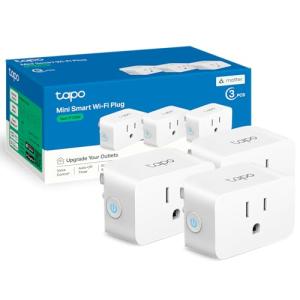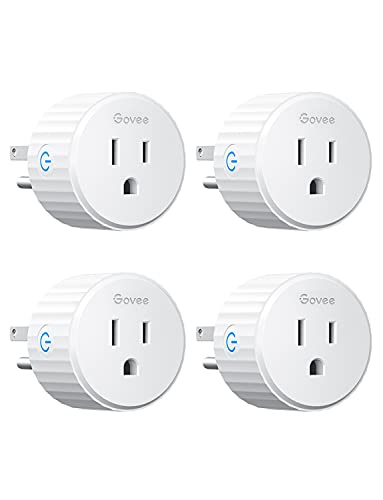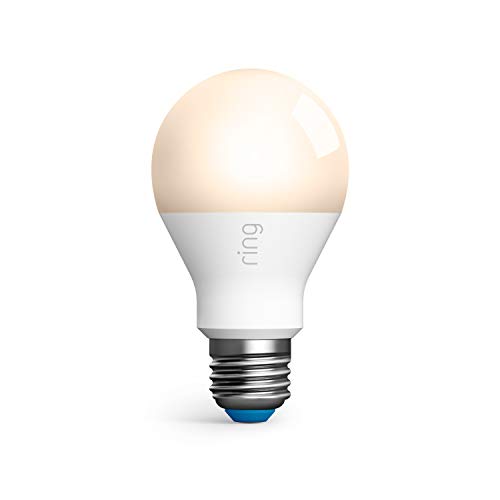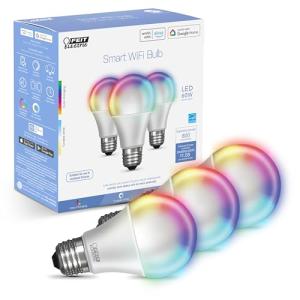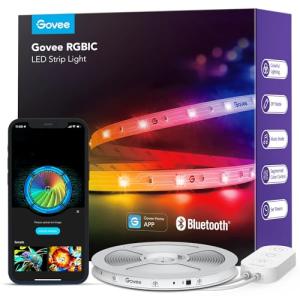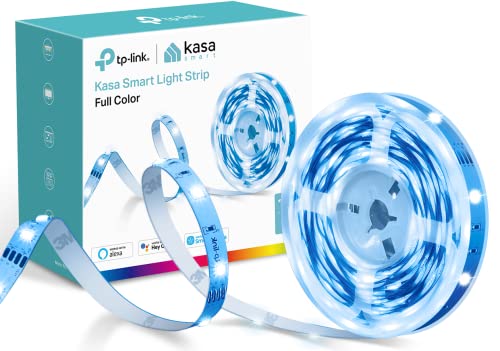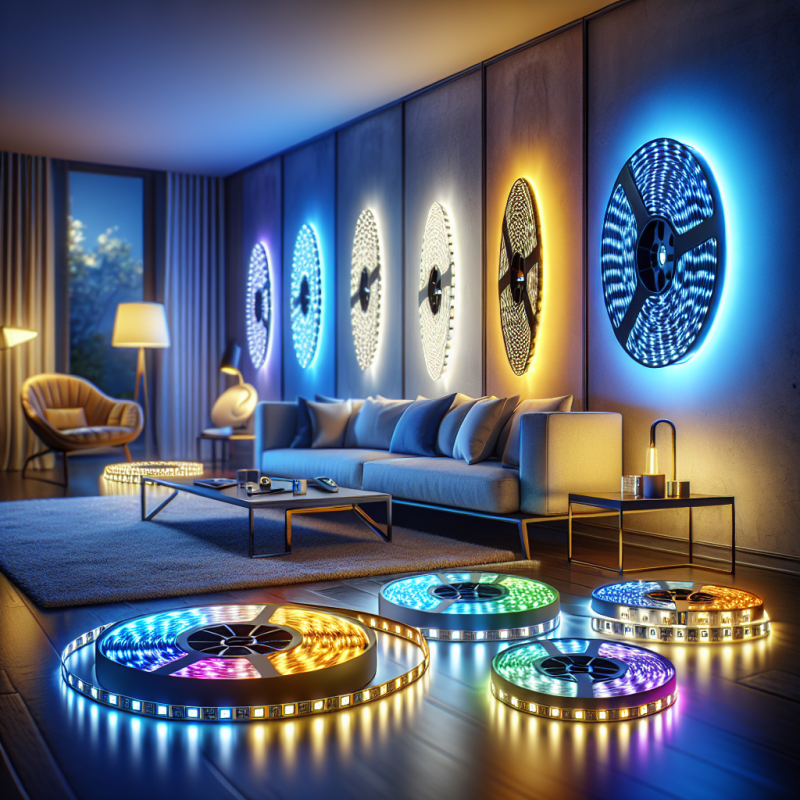Introduction
Choosing between WiFi and Zigbee smart plugs can be confusing, especially with so many home automation options available. Both types offer wireless control, energy monitoring, and scheduling, but their connectivity, performance, and ease of use differ significantly. If you're wondering whether WiFi smart plugs or Zigbee smart plugs are better for your home, you're not alone. Consumers often compare these two based on hub requirements, network reliability, energy efficiency, and long-term compatibility with smart ecosystems like Alexa, Google Home, or SmartThings. This guide breaks down the pros and cons of WiFi vs Zigbee smart plugs, helping you make an informed decision based on your smart home goals, network setup, and device management preferences.
Understanding WiFi Smart Plugs
When diving into the world of smart plugs, understanding the basics of WiFi smart plugs is super important. These handy devices allow you to control your appliances from anywhere using your smartphone. Just plug it in, connect it to your WiFi network, and you’re good to go! This makes them incredibly convenient for home automation and simple adjustments like turning on the coffee maker or switching off lamps with just a tap.
WiFi vs Zigbee Smart Plug Connectivity
Now, when we look at WiFi vs Zigbee smart plugs, there are a few key differences in their connectivity. WiFi smart plugs connect directly to your home's WiFi network, which means you don’t need any extra hubs for their setup. This can be a big plus if you want to keep things straightforward and user-friendly. Plus, WiFi performance tends to be reliable as long as your internet connection is strong. However, this can also lead to issues if your WiFi drops, affecting your smart plug's functionality.
Zigbee Hub Requirements and Integration
On the other hand, Zigbee smart plugs require a Zigbee hub for their operation. This adds an extra step upfront, but it can improve network reliability, especially in a home with a lot of devices. Zigbee compatibility allows for good integration with other smart devices on the Zigbee network, often providing seamless communication. So, if you’re considering a wireless plug comparison, weigh the requirements for those Zigbee hubs against the simplicity of WiFi connectivity.
ZigBee Smart Plug 4 Pack with Energy Monitoring
Control your devices and track energy usage effortlessly with this smart plug pack
Product information
$38.99 $35.09
Product Review Score
4.62 out of 5 stars
156 reviewsProduct links
Power Usage and Energy Efficiency
Another thing to think about is power usage. While both types can manage your energy needs, Zigbee devices are usually more energy-efficient due to their lower power consumption. This makes them ideal for home use, especially if you’re setting up a system that includes many smart devices. If you’re curious about which plugs use Zigbee, doing some homework on specific models and their capabilities will help you make the best choice for your home automation setup.
Exploring Zigbee Smart Plugs Features
When diving into the world of smart plugs, understanding Zigbee smart plugs features can shine a light on your options. Zigbee technology offers a unique way to connect your devices that might suit your home automation needs better than WiFi. With smart plug connectivity, Zigbee plugs allow for quick reactions and lower latency, making it a favorite for those looking to streamline their smart homes.
Seamless Integration with Other Zigbee Devices
One of the standout features of Zigbee smart plugs is their ability to connect with other Zigbee devices seamlessly. This interoperability is a huge plus if you're already using Zigbee-compatible products. You can control lights, sensors, and other devices all from one hub without worrying about WiFi performance. Just keep in mind that Zigbee does come with certain hub requirements, so you'll need a compatible hub to manage everything effectively.
Aqara Smart Plug with Voice Control and Energy Monitoring
Control your devices effortlessly and track energy usage right from your phone
Product information
$32.99
Product Review Score
4.89 out of 5 stars
139 reviewsProduct links
Energy Efficiency and Mesh Networking
In the wireless plug comparison game, Zigbee smart plugs are typically more energy-efficient as they create a mesh network. This helps extend the range of your smart devices throughout your home. If you're considering which plugs use Zigbee, you'll find many reputable brands offering reliable options. They not only save energy but can boost the overall performance of your smart home setup by reducing reliance on your WiFi network.
Resilience During WiFi Outages
When looking at key differences for home use, you might appreciate that Zigbee plugs can often operate even when your main WiFi goes down. That’s a big deal for anyone tired of resetting devices. While discussing WiFi vs Zigbee pros & cons, remember that Zigbee’s lower interference means fewer connectivity issues compared to standard WiFi smart plugs.
Smart WiFi Plug with Energy Monitoring by TP-Link
Effortlessly Control and Monitor Your Home's Energy Usage with TP-Link's Smart WiFi Plug
Product information
$99.00
Product Review Score
4.45 out of 5 stars
185 reviewsProduct links
Comparing the Performance of Both Options
When diving into the debate of WiFi vs Zigbee smart plugs, it's essential to consider how each option performs in your home. WiFi performance is often straightforward: if you have a stable internet connection, your smart plugs will work just fine, letting you control them from anywhere using a smartphone app. Just plug one in, connect to your WiFi, and you're good to go!
Bandwidth Considerations and Device Load
However, there's a catch. WiFi plugs tend to take up more bandwidth, which could slow down your internet, especially if you have multiple devices connected. On the other hand, Zigbee compatibility shines here. Since Zigbee operates on its mesh network, these plugs can work together seamlessly without straining your WiFi. This means you can connect multiple smart devices without worrying about losing internet speed.
Centralized Control with Zigbee Hubs
Another thing to keep in mind is Zigbee hub requirements. Most Zigbee devices need a hub to connect to your WiFi network and other devices. This means you’ll have an extra piece of hardware in your home. While it might seem cumbersome, many users find that this centralized control enhances their home automation standards.
Making the Right Call for Your Setup
In a wireless plug comparison, the key differences for home use become clear. If you're looking for ease of setup and immediate access without any extra hardware, go for WiFi plugs. But if you value less interference and robust connectivity with other smart devices, Zigbee plugs are worth considering. Ultimately, it’s about what fits your lifestyle best and suits the needs of your smart home!
Tapo Matter Supported Smart Plug Mini (3pk)
Effortlessly automate your home with the Tapo Matter Supported Smart Plug Mini (3pk)
Product information
$24.99 $19.99
Product Review Score
4.79 out of 5 stars
86 reviewsProduct links
Making the Right Choice for You
When diving into the world of smart plugs, it's important to understand the difference between WiFi vs Zigbee smart plugs. Each has its perks and drawbacks that can impact your home automation experience. Consider your needs and how you use your smart devices. Are you looking for seamless connectivity, or do you want something with a bit more customization?
Pros and Cons of WiFi Smart Plugs
WiFi performance is often a top choice for those looking for simplicity. With WiFi smart plugs, you don't need a separate hub, making setup a breeze. Just plug it in, connect to your home network, and you're good to go! However, keep an eye on your network capacity. Adding too many devices can slow things down.
Smart WiFi Plugs with Voice Control & Timer
Upgrade Your Home Automation Game with our Smart WiFi Plugs
Product information
$28.99 $25.25
Product Review Score
4.48 out of 5 stars
180 reviewsProduct links
When Zigbee Becomes the Better Fit
On the other hand, Zigbee compatibility shines in setups that involve multiple smart devices. Zigbee smart plugs require a hub, but this means they can create a mesh network, strengthening your smart plug connectivity over larger areas. If you’re considering a wireless plug comparison, think about the need for a dedicated hub versus a solo device setup.
Final Thoughts on Choosing the Right Smart Plug
Understanding these key differences can help you choose the right option for home use. WiFi smart plugs are perfect for straightforward tasks, while Zigbee plugs cater to more extensive home automation standards. Whichever you choose, make sure it aligns with your needs, whether that's ease of use or the flexibility of controlling multiple devices at once.
1. What are the main differences between WiFi and Zigbee smart plugs?
This is one of the most searched questions because users want a clear, side-by-side comparison before choosing.
Answer:
WiFi smart plugs connect directly to your home network without requiring a hub, making them easier to set up. Zigbee smart plugs require a Zigbee hub but create a mesh network, improving reliability and reducing strain on your WiFi. Zigbee tends to be more efficient for homes with many smart devices, while WiFi plugs are best for simple setups.
2. Do Zigbee smart plugs work without the internet?
Many users are concerned about connectivity during outages or offline performance.
Answer:
Yes, Zigbee smart plugs can continue to function within a Zigbee network even if the internet is down, as long as the hub remains powered. This makes them more resilient in terms of automation and device communication compared to WiFi smart plugs, which usually need an active internet connection for full functionality.
3. Are WiFi smart plugs easier to install than Zigbee ones?
Ease of setup is a major deciding factor for non-tech-savvy users.
Answer:
Yes, WiFi smart plugs are typically plug-and-play — no additional hardware is needed. You just connect them to your home WiFi using a smartphone app. Zigbee plugs require a compatible hub, which adds an extra installation step but may offer better long-term performance in a smart home ecosystem.
4. Which type of smart plug is more energy-efficient: WiFi or Zigbee?
With growing energy concerns, users are comparing which option helps save more power.
Answer:
Zigbee smart plugs are generally more energy-efficient because Zigbee uses low-power radio signals and supports mesh networking. WiFi plugs tend to consume more energy as they require a constant connection to a higher-power wireless network.
5. Can Zigbee and WiFi smart plugs be used together in the same smart home system?
Compatibility is a frequent concern for those expanding or upgrading their smart homes.
Answer:
Yes, they can coexist. You can use both Zigbee and WiFi smart plugs in the same home, but they will operate on separate protocols. You may need different apps or a smart hub (like SmartThings or Alexa) that supports both Zigbee and WiFi for centralized control.
6. Which is better for large homes: WiFi or Zigbee smart plugs?
Users with multi-room setups want to avoid dead zones and dropped connections.
Answer:
Zigbee is typically better for large homes because it uses a mesh network, allowing devices to relay signals to each other and extend range. WiFi smart plugs rely on your router’s coverage, which may be limited without extenders. For broad coverage and reliability, Zigbee is the more scalable option.
Conclusion
Whether you're looking for simplicity or scalability, both WiFi and Zigbee smart plugs offer clear benefits. WiFi plugs are perfect for plug-and-play users who want quick, independent setup with minimal devices. Zigbee plugs excel in larger smart homes with multiple connected devices and a need for low-energy, reliable mesh networking. Your ideal choice depends on how complex your home automation system is and whether you prefer fewer devices or centralized control. By understanding their differences in performance, installation, and connectivity, you’re better equipped to select the smart plug that complements your setup and enhances your smart living experience.
